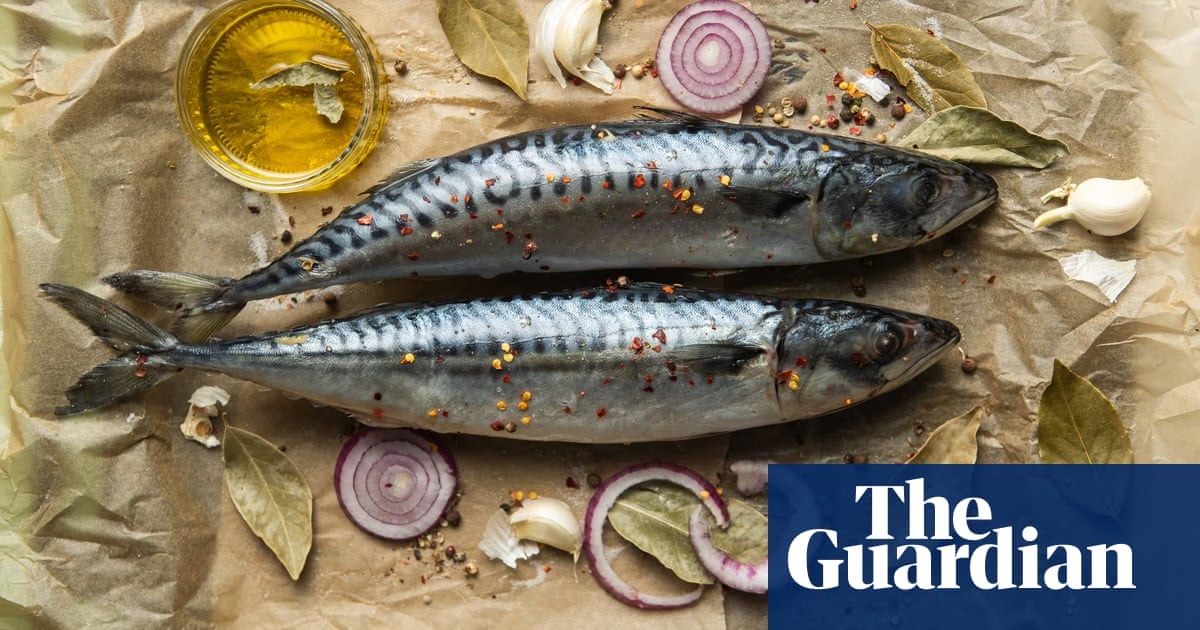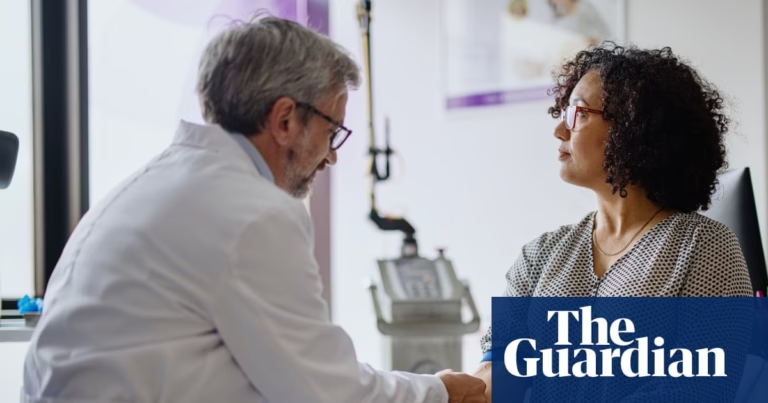Mackerel Stocks on Brink as Herring Emerges as Sustainable Alternative
Scientists have sounded the alarm, warning that mackerel populations are teetering on the edge of collapse. The Marine Conservation Society (MCS) is now urging the public to consider herring as a more sustainable seafood choice, due to the overfishing of mackerel by nations like Norway and the United Kingdom.
The MCS annually publishes the Good Fish Guide, a ranking system that assesses the sustainability of different fish stocks. The guide reveals that the Northeast Atlantic mackerel has seen an average overfishing of 23% over the past four years.
Alice Moore, who oversees the Good Fish Guide, expressed deep concern about the steep decline of mackerel stocks due to excessive fishing. She emphasized the urgent need for the UK government to collaborate internationally to set catch limits in line with scientific advice.
The guide employs a color-coded system to educate consumers and businesses about sustainable seafood options. Species are rated from 1 to 5, with green indicating the most sustainable choices (ratings 1 or 2), amber suggesting areas for improvement (ratings 3 or 4), and red warning consumers to avoid certain species entirely (rating 5).
In the latest update, mackerel caught by midwater trawl in the Northeast Atlantic has been downgraded from a 3 to a 4, advising businesses against selling it. Mackerel caught by hook and line in this region has also seen its sustainability rating decrease from a 2 to a 3.
Despite calls for caution, the MCS suggests herring from the North Sea and eastern Channel as a more sustainable alternative to mackerel, along with Cornish sardines. Additionally, monkfish from the North Sea has been upgraded to green, and blue marlin has been removed from the red list.
The MCS advises consumers to be mindful of their seafood choices, advocating for locavore shopping to support local fishmongers, who can offer expertise on fresh, seasonal, and affordable sustainable options. They also recommend choosing canned seafood responsibly, such as sardines from Cornwall and anchovies from the Bay of Biscay. Purchasing whole fish rather than pre-cut fillets is encouraged, as it allows for more affordable meals and the opportunity to use every part of the fish to create nutritious homemade stocks.
Source: https://www.theguardian.com/environment/2025/apr/09/mackerel-stocks-near-breaking-point-because-of-overfishing-say-experts








